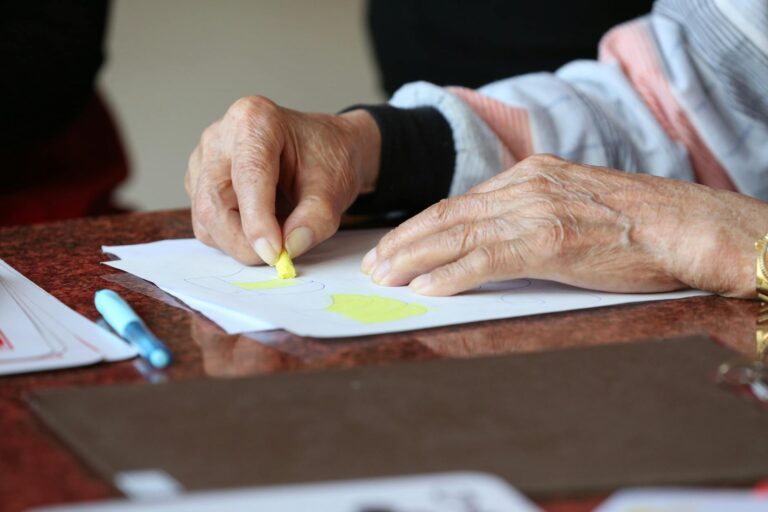Dancing with Memories: How Personalized Music Transforms Dementia Experiences
Imagine being able to unlock cherished memories and emotions in individuals with dementia through something as simple yet powerful as music. Personalized music therapy has emerged as a groundbreaking approach in dementia care, offering a non-pharmacological solution to improve mood, memory, and overall well-being.
### The Power of Music
Music has a unique ability to engage multiple brain regions, including those associated with memory, emotions, and motor skills. It provides a non-verbal way to communicate, making it accessible even for individuals with severe cognitive impairment. For example, a patient who struggled to recognize family members showed improved recognition and engagement when listening to familiar songs from their youth.
### Emotional Regulation and Stress Reduction
Familiar songs help regulate emotions, promoting calmness and reducing anxiety. Music influences the autonomic nervous system, reducing physiological signs of stress such as elevated heart rate. A woman with dementia who frequently became agitated during meals calmed down significantly when caregivers played her favorite classical music.
### Memory Recall
People with dementia recall music-evoked memories more vividly than those retrieved without music. Songs from ages 10–30 are particularly effective in stimulating memory and positive emotions. A retired teacher with advanced dementia began reciting poetry from her youth after hearing an old school anthem played.
### Social Interaction and Engagement
Music provides an opportunity for social engagement between patients, caregivers, and family members. It fosters empathy and deeper connections, improving the overall caregiving experience. Residents in a dementia care home who rarely interacted with each other started clapping and smiling together during group singing sessions.
### Improved Well-Being and Alertness
Music therapy enhances mood, engagement, and alertness in people with dementia. Patients often exhibit increased attention and responsiveness when listening to or interacting with music. A patient who was usually unresponsive became visibly more engaged when hearing a song they used to dance to in their youth.
### Personalized Music Therapy
The key to effective music therapy is personalization. It involves tailoring music to each individual’s preferences and history. A structured approach similar to medical prescriptions can be followed, where music therapists develop specific programs outlining the type of music best suited for the individual, the frequency and timing of music sessions, and how music can be integrated into daily routines.
### Training for Caregivers
To expand access to music therapy, training healthcare staff and family members in how to use music effectively is crucial. This includes providing resources such as musical instruments and personalized playlists, teaching caregivers how to identify and use familiar music that resonates with patients, and encouraging family members to incorporate music into visits and care routines.
### Benefits Beyond Patients
Music therapy not only benefits people with dementia but also improves the well-being of caregivers. It reduces stress levels among healthcare workers and family members, creates meaningful interactions between caregivers and patients, and enhances the overall care environment by fostering a sense of connection and emotional support.
In conclusion, personalized music therapy offers a compassionate and evidence-based solution for improving the lives of those with dementia. By understanding the mechanisms behind music’s effects, healthcare professionals can implement more effective, personalized music interventions, transforming dementia care and providing comfort, connection, and enhanced well-being for patients and their caregivers alike.





